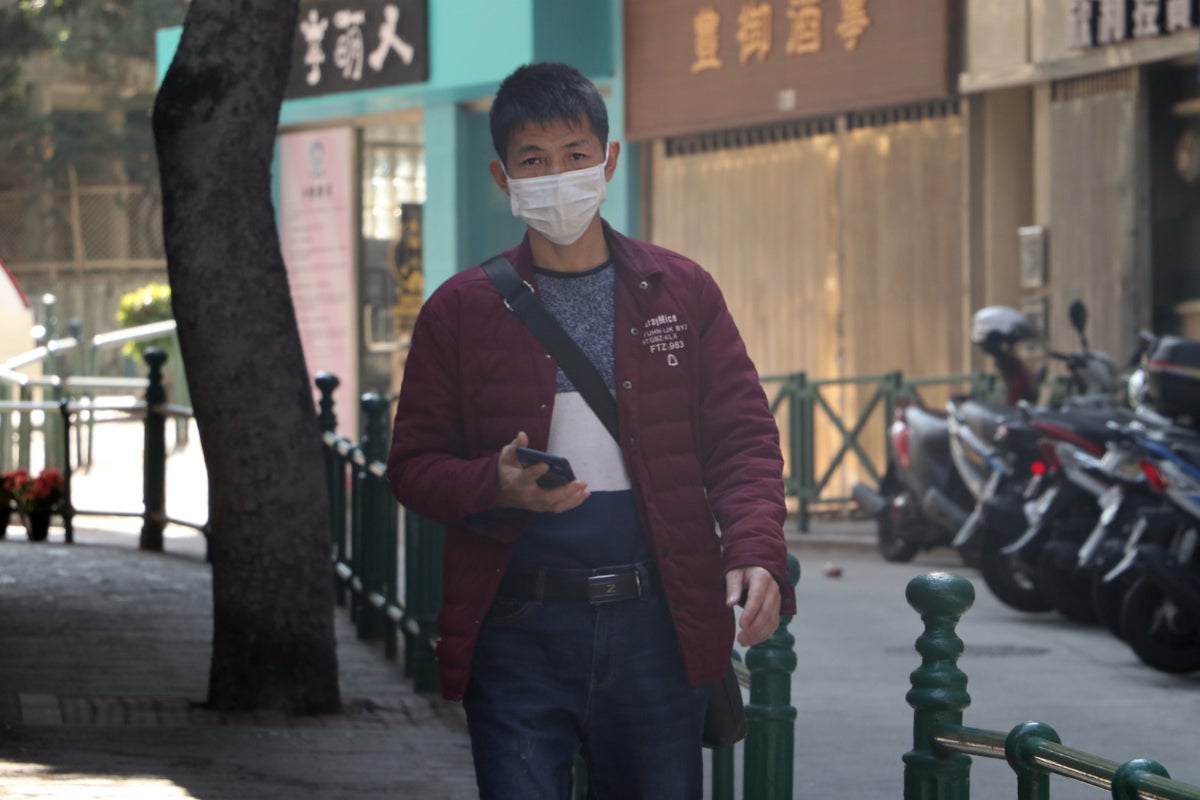After nearly a year of living with the coronavirus, it seems that many people no longer get stressed after every sneeze or cough, or when it tickles their throats. But there are still many who worry about contracting the virus, and with the United States registering between 90,000 and 100,000 new cases a day and Britain blocked for the second time, this is certainly not the time to declare victory and stop wearing masks.
And if you still reach for the thermometer every time you cough, sneeze, or swear you can’t taste that spicy burrito you ordered from Chipotle, there will soon be an app that will give you a definitive answer to the question, “Yes, do I have COVID?” A report issued by the Institute of Electrical and Electronics Engineers (IEEE) discusses its use of machine learning to analyze coughs. With ML, the application learns to differentiate between those who have COVID-19 but are asymptomatic and those who are healthy and do not have the virus.
The team working on the app was able to collect 70,000 recordings from a website that allowed the public to leave cough samples on smartphones and other devices. Overall, 200,000 forced cough samples were collected and 2,500 were confirmed to have COVID or were asymptomatic. 98.5% of the time, the model was able to accurately determine if someone had COVID, while for asymptomatic subjects it achieved a 100% accuracy rate. The conclusion reached in the report reads: “Artificial intelligence techniques can produce a large-scale, free, non-invasive, real-time, asymptomatic COVID-19 detection tool, at any time, instantly distributable to increase current approaches to contain the spread of COVID-19. Practical use cases could be for daily screening of students, workers, and the public when schools, jobs, and transportation reopen, or for group testing to alert quickly outbreaks in groups. “
Researchers are reportedly considering distributing a free pre-screening app that would be based on artificial intelligence, while at the same time working with hospitals to expand the pool of cough recordings for future testing. Cough-based models could end up in smart speakers and digital assistants like Siri, Google Assistant, and Alexa for daily analysis. To get the precision needed to make the technology worth using, testing should be done on devices with high-quality microphones. Privacy issues will need to be resolved.
Being able to open an app, ask a subject to cough, and quickly get an answer about whether they have COVID would go a long way in trying to eradicate the disease.
